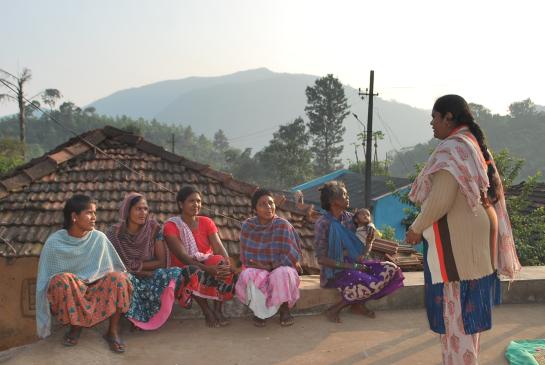Coffee and Sustainability: A View from India
If clearing of “forests” was a major pre-condition for beginning coffee plantations, planting exotic varieties of shade trees of commercial value was another feature of the coffee (and other cash crop) plantations in India in the nineteenth century. Fast forward to the new millennium: in addition to the unpredictability of the global coffee market, denuding of native vegetation, the culture of mono crop and global climate crisis have led to a drastic decline in the quality of the soil and misery of the growers of coffee. This has also been a time witnessing an upsurge in the global demand for coffee, noticeable in India as well. Globally, sustainability of the coffee industry is a major issue (Giovannucci and Ponte 2005).
What has been the attitude of the Indian coffee industry towards these problems and how are stakeholders trying to cope with the associated problems? Based on literature provided by the Coffee Board and interviews with stakeholders at different levels especially in Coorg (Karnataka), Wayanad (Kerala) and Araku Valley (Andhra Pradesh), the talk will underline the problems faced by traditional coffee growers, initiatives taken by individuals, NGOs and the corporate sector towards sustainable development and shed light on the question of sustainability of the industry.

A Food and urban resilience in the era of the Great War
The First World War is commonly held as the quintessential industrial conflict; a war defined by the deployment of new and advanced technologies such as combat airplanes, chemical weapons, tanks, or long-range artillery. Yet the transformations of warfare had not invalidated the age-old adage: an army marches on its stomach. The most recent scholarship in First World War studies has in fact stressed the critical role that food played in sustaining or undermining social mobilisation as well as soldiers in the field. Across the belligerent world, this was a particularly salient question for urban populations. This paper will suggest some of the ways in which food and nutrition could help think the dynamics of wartime mobilisation anew. It will build on the urban history of the war and on critical disaster studies to question the value and limitations of a ubiquitous yet problematic concept: urban resilience.

